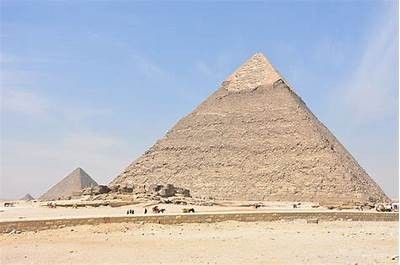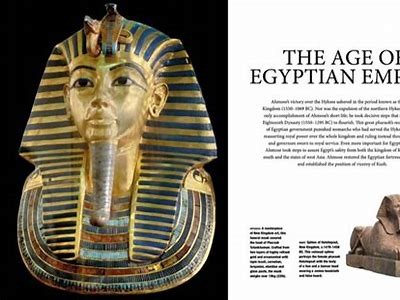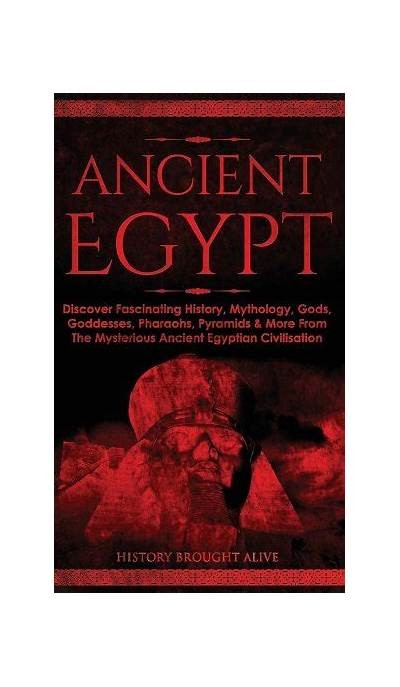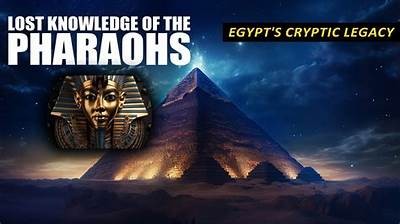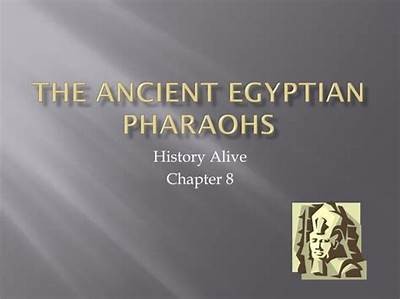Exploring the Legacy and Mysteries of Ancient Pharaohs in Egyptian History
Introduction
The ancient Egyptian civilization, renowned for its rich traditions and profound influence on subsequent cultures, is perhaps best epitomized by its pharaohs. These rulers were not just political leaders; they were considered divine beings and played a central role in the cultural and religious practices of their time. The legacy of the pharaohs continues to intrigue historians, archaeologists, and the public alike. This article delves into the profound impact of the pharaohs on Egyptian history, their mysteries, and the enduring legacy they left behind. The pharaohs were seen as intermediaries between the gods and the people, responsible for maintaining Ma'at—the ancient Egyptian concept of truth, balance, and order. Their rule was marked by monumental construction projects, military conquests, and religious reforms. Each pharaoh left an imprint that shaped the socio-political landscape of Egypt, forming a critical part of its history. Pharaohs were often worshipped as gods in their lifetimes. This belief was grounded in the idea that the pharaoh represented Horus, the sky god, on Earth, and upon their death, they were associated with Osiris, the god of the afterlife. This divine status granted them the authority to legislate and decide on matters of state, ensuring the stability of their rule. Temples and monuments were built to honor their legacies, with the most famous being the Pyramids of Giza. The architectural prowess exhibited during the reigns of the pharaohs is legendary. The construction of pyramids, such as those at Giza, represented both a burial place for the pharaohs and a statement of their power and wealth. These structures were meticulously planned and executed, reflective of the sophisticated engineering techniques of the time. Beyond pyramids, other architectural feats include temples, obelisks, and mortuary complexes that underline the grandeur of the pharaohs. While often remembered for their grand monuments, pharaohs were also engaged in the daily governance of their people. They administered cities, collected taxes, and led armies into battle. Their court was a bustling center of politics, with advisors, priests, and officials working in various capacities to support the pharaoh's rule. The bureaucracy they established laid the groundwork for effective governance that would endure the test of time. The beliefs surrounding the afterlife were central to ancient Egyptian culture, heavily influencing how pharaohs conducted their lives and governed. The afterlife was viewed as a continuation of life on Earth, and pharaohs prepared extensively for this journey. Tombs were filled with riches, and rituals were performed to ensure a safe passage. The quest to understand what happens after death remains one of the most fascinating mysteries of Egyptian civilization.
Discovering the Pharaohs: Archaeological Evidence
Archaeology plays a critical role in uncovering the mysteries surrounding the pharaohs. Excavations of ancient sites have revealed precious artifacts, inscriptions, and mummies that provide invaluable insights into their lives. Many tombs, such as that of Tutankhamun, have become important sources of information, showcasing the rituals and standards of burial practices. Each discovery adds another layer to our understanding of their culture and the pharaohs' legacies.
The Pharaohs’ Influence on Modern Times
Even today, the legacy of the pharaohs endures in various aspects of modern culture. From literature and cinema to art and architecture, the fascination with ancient Egypt remains palpable. Pharaohs are often romanticized in contemporary narratives, highlighting both their power and their tragic downfalls. Their stories continue to inspire a sense of wonder and inquiry about the past.
Conclusion
In conclusion, the legacy of the ancient pharaohs is multifaceted, encompassing their divine rule, architectural innovations, governance, religious beliefs, and continued influence on modern society. The mysteries that surround their lives and deaths add depth to our understanding of this remarkable civilization. As research progresses and new discoveries are made, the allure of the pharaohs will undoubtedly continue to captivate future generations.
Tags
